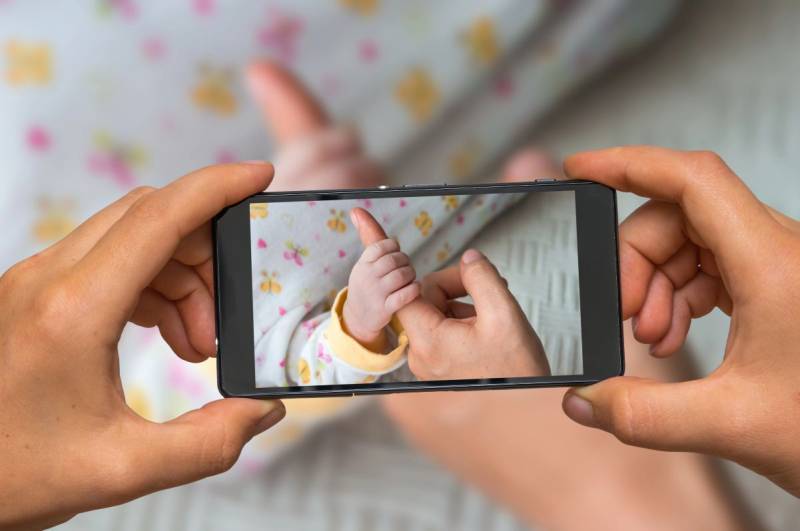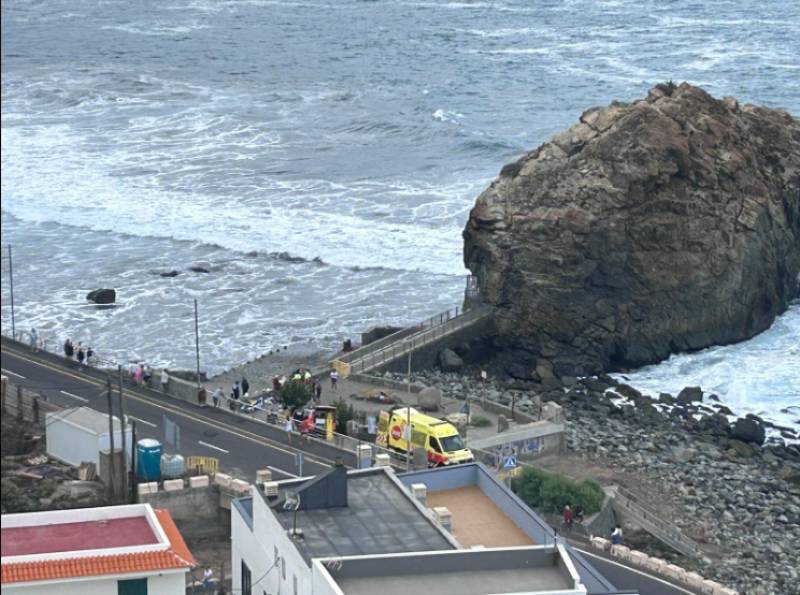Date Published: 10/11/2025
'If I'm not on social media, I don't exist': Spain will put an end to influencers sharing photos of their children
The Spanish government will regulate ‘sharenting’, the posting photos of children on social media that is a form of “neglect, mistreatment and abuse”
The government in
Spain is preparing to regulate so-called ‘sharenting’, the growing trend of parents sharing photos and videos of their children on social media. The practice, described by experts as a form of “neglect, mistreatment and abuse”, is now under scrutiny due to growing concerns about children’s privacy and safety online.
According to figures from the
SOL (Safe OnLine) foundation and the Spanish National Police, 9 out of 10 families share images of their children on social media at least once a month, and 81% of babies appear online before they are six months old.
While these may seem like harmless family moments, 72% of the material seized from paedophiles consists of ordinary, everyday images.
The Ministry of Youth and Children now plans to regulate “sharenting”, a blend of the words “share” and “parenting”, which refers to parents who overexpose their children on the internet.
This goes beyond sharing a photo with relatives in a private chat – it’s about posting videos or images of children to thousands or even millions of followers.
“It is a very courageous step forward that few countries, apart from France and Australia, have taken. In all likelihood, the new regulation will meet with opposition from a large part of society, who will argue that children belong to their parents. That is true, but caring for minors is also a social responsibility,” explained educational psychologist Silvia Pastor, who recently met with Spain’s Minister of Youth and Children, Sira Rego, alongside lawyers, educators, families and digital health experts.
During the meeting, experts called for awareness campaigns and training on the risks of overexposing children online. These include the risk of online predators, the exploitation of children for profit (since content featuring minors attracts high engagement and sponsorship) and even teasing or bullying from classmates.
As Pastor pointed out, some young people later feel humiliated by having their childhoods permanently online. In Austria, one young woman even sued her parents for posting “embarrassing and intimate” photos of her on Facebook as a child.
“If I’m not on social media, I don’t exist. I have to constantly post pictures and show that I’m having a great time with my children. It’s a way of validating myself as a mother,” is the sarcastic comment made by writer and educator Eva Millet, who specialises in parenting and hyperparenting.
In the same vein, psychologist Patricia Ramírez makes it clear that social media acts as a huge emotional showcase for displaying an image of a happy and successful family.
“It’s an immediate reinforcement: you post a photo, you get a flood of hearts, comments and compliments, and your brain releases dopamine,” she says.
Meanwhile, the co-author of ‘Autocuidado’ (Grijablbo publishing house) points out that sharenting is not an innocent act but “a modern way of feeding the ego under the guise of family love”.
“Taking care of your family means protecting them, not showing them off. And taking care of yourself also means examining the emotional need behind each post: do I want to share, or do I want to feel seen, approved of and loved? The difference is subtle, but it marks the boundary between self-care and emotional exposure,” she asserts.
Claudia Caso, director of the SOL foundation, said that the most urgent cases to regulate are those of “influencer” parents who share their children’s lives for financial gain.
“We are very proud of our children and showing them off is a natural reaction. But it is one thing to do so with the family and quite another to share the images with the whole world. This responds to a need to show off, not to mention the monetisation involved,” she said.
Legal experts point out that children’s image rights belong to the child, not their parents. Beatriz Izquierdo, a criminology specialist, noted that Spain already has laws protecting minors’ images, from Article 18 of the Constitution to the 1882 law on the right to honour, privacy and self-image. The new regulation, now open to public consultation, could either take the form of new legislation or a reform of existing laws to strengthen digital protection for minors.
Image:
article_detail

|































